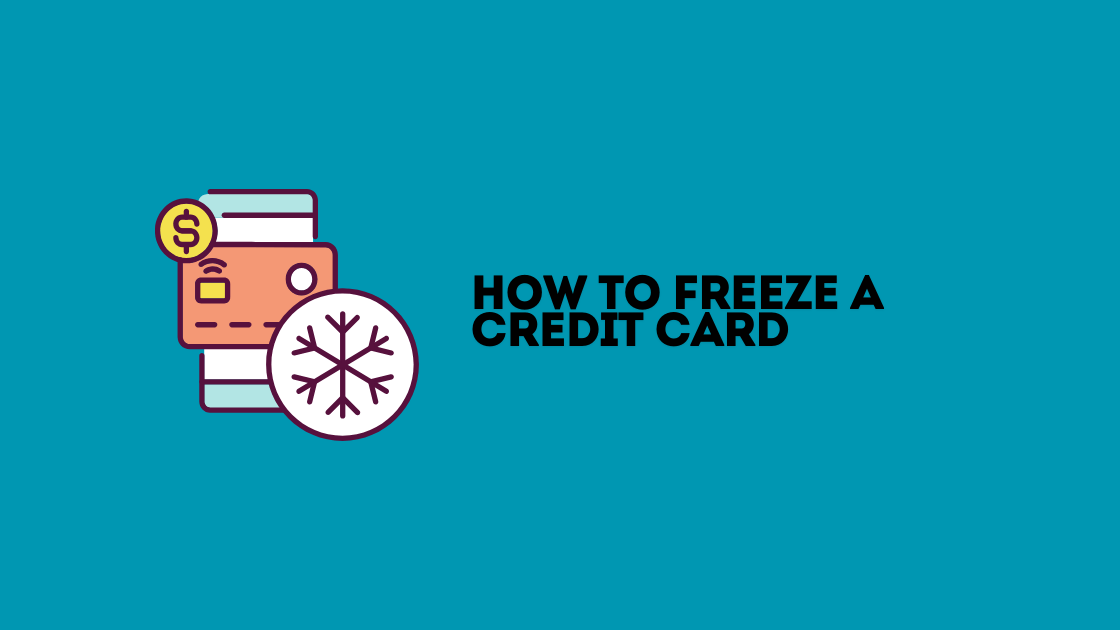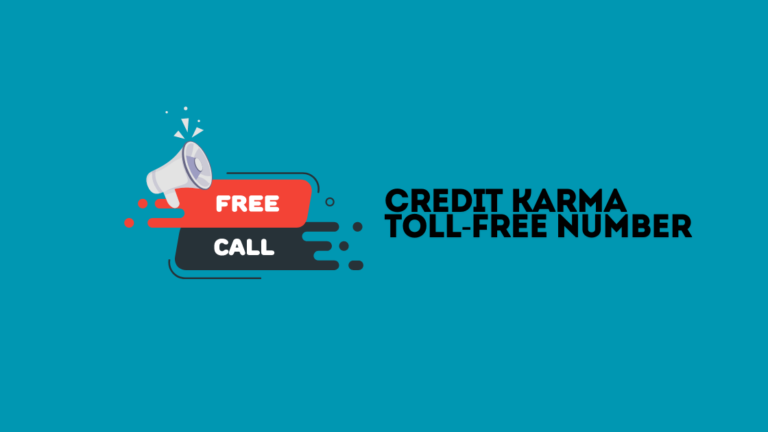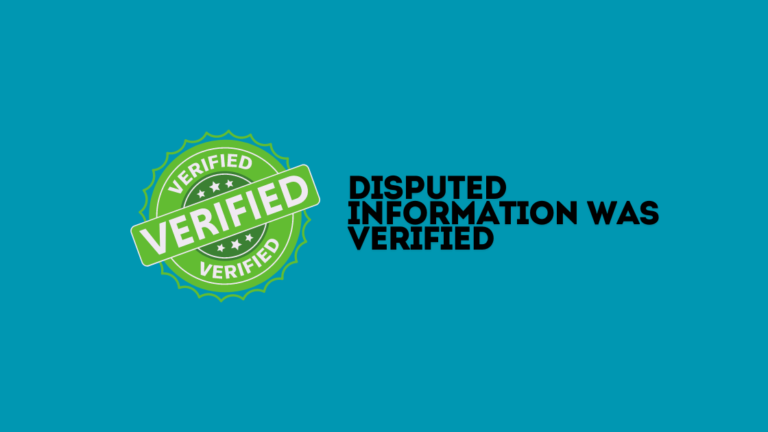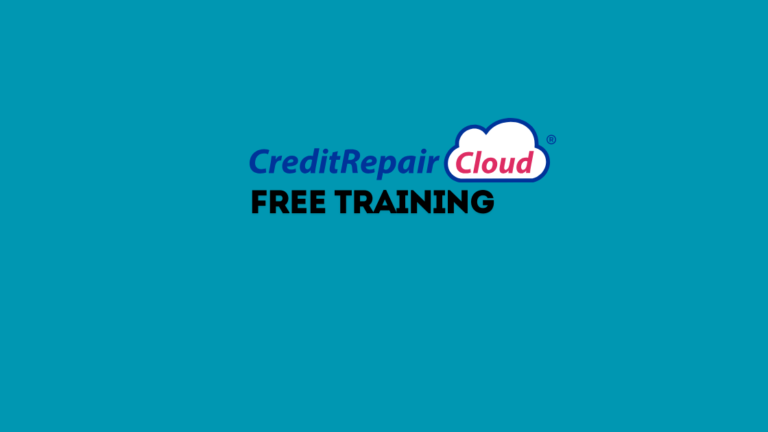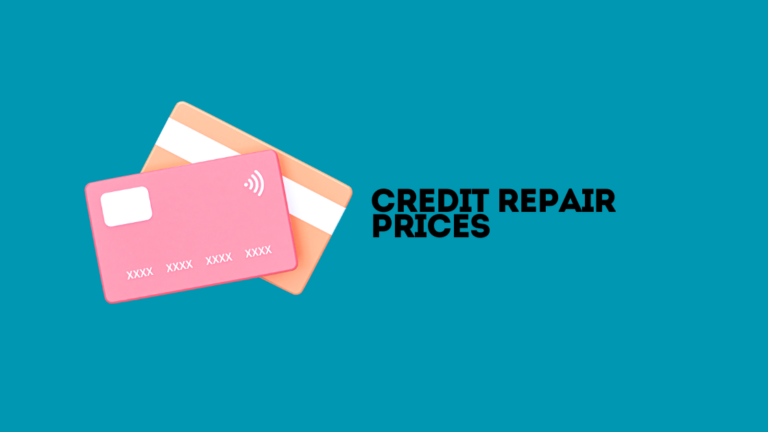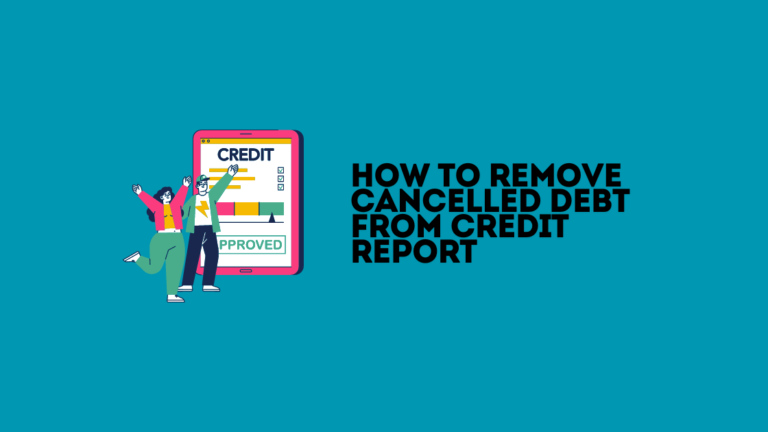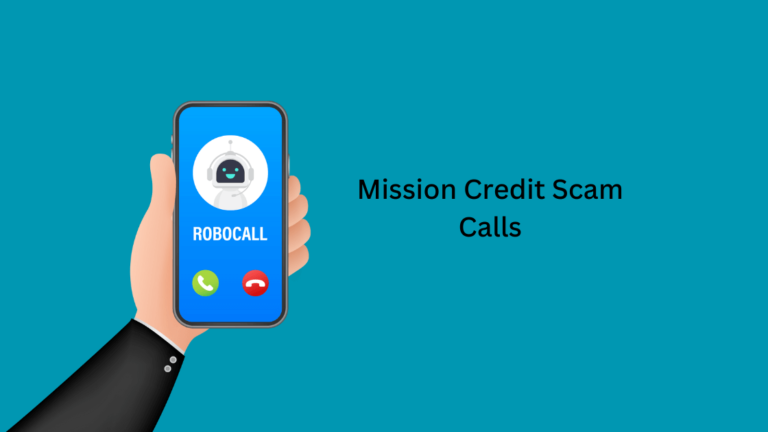How to Freeze a Credit Card: Quick Safety Steps
To freeze a credit card, contact your card issuer through their website or mobile app. Request a temporary freeze on your account.
Freezing a credit card can prevent unauthorized transactions and protect your finances. This temporary measure is ideal if you misplace your card or suspect fraudulent activity. Most credit card issuers offer an easy way to freeze your card through their online platforms.
This action suspends new purchases, balance transfers, and cash advances, while still allowing scheduled payments and credits. Reactivating your card is just as simple, ensuring you regain access when needed. By freezing your credit card, you can gain peace of mind and maintain control over your financial security with minimal effort. This proactive step is a practical way to safeguard your account.
The Rise Of Credit Card Fraud
Credit card fraud is a growing problem. It affects millions of people every year. Criminals have found new ways to steal card information. This makes it crucial to know how to freeze a credit card. By freezing your card, you can prevent unauthorized charges. Let’s explore the alarming rise in credit card fraud.
Recent Statistics On Credit Card Theft
Credit card theft is on the rise. Here are some recent statistics:
- In 2022, there were over 460,000 reported cases of credit card fraud in the U.S.
- Losses from credit card fraud totaled $8 billion in 2022.
- Online purchases accounted for 76% of credit card fraud cases.
These numbers show the urgent need for better security measures. Freezing your credit card can be an effective step. It helps in protecting your hard-earned money.
Real-life Consequences Of Credit Card Fraud
Credit card fraud can have serious consequences. Here are some real-life examples:
| Consequence | Description |
|---|---|
| Financial Loss | You might lose money from unauthorized transactions. |
| Credit Score Damage | Fraudulent charges can hurt your credit score. |
| Stress and Anxiety | Dealing with fraud can cause stress and anxiety. |
| Time-Consuming | Resolving fraud issues takes time and effort. |
These consequences highlight the importance of taking action. Freezing your credit card can help mitigate these risks. It provides peace of mind and security.
Why Freeze Your Credit Card?
Freezing your credit card can be a smart and strategic move. It helps protect your financial security. You might wonder why this is important. Let’s explore two key reasons.
Preventive Measure Against Identity Theft
Identity theft is a growing concern. Thieves can steal your personal information and misuse it. By freezing your credit card, you can stop unauthorized access. This action prevents new accounts from being opened in your name. Here are some benefits:
- Stops thieves from getting credit in your name
- Protects your credit score
- Gives you peace of mind
Freezing your card is easy and effective. It’s a strong barrier against fraud.
Control Over Personal Finance Security
Having control over your finances is crucial. Freezing your credit card helps you manage this control. You decide when to allow access to your credit. This ensures that only you can use your card. Here’s how it benefits you:
- Stops unwanted transactions
- Prevents overspending
- Keeps your credit secure
By freezing your card, you take charge of your financial security. It’s a proactive way to safeguard your money.
When To Consider Freezing Your Credit Card
Freezing your credit card is a smart move in some situations. It helps protect your finances and personal information. Here are some key scenarios when freezing your credit card makes sense:
Suspicious Activities On Your Account
Have you noticed any unusual transactions on your account? This could mean someone has access to your card. Freezing your credit card stops any new charges. It gives you time to check and fix the problem.
Lost Or Stolen Credit Card
If your credit card is lost or stolen, act fast. Freeze it right away to prevent unauthorized charges. This keeps your money safe until you get a new card.
During A Data Breach
Data breaches can expose your personal information. If a company you do business with has a breach, freeze your credit card. This step protects you from potential fraud.
Here is a quick summary in a table:
| Situation | Action |
|---|---|
| Suspicious activities | Freeze your card to stop new charges |
| Lost or stolen card | Freeze immediately to prevent misuse |
| Data breach | Freeze to protect from fraud |
Step-by-step Guide To Freezing Your Credit Card
Freezing your credit card can protect you from fraud. It’s a smart move if you suspect any suspicious activity. Follow this simple guide to freeze your card quickly.
Contact Your Credit Card Issuer
First, call the customer service number on the back of your card. Speak to a representative. Tell them you want to freeze your card. They will guide you through the process. This step ensures your card is not used without your permission.
Online Credit Freeze Process
Many issuers offer an online option to freeze your card. Log in to your account on the issuer’s website. Look for the card management section. Click on the option to freeze your card. Follow the instructions provided. This is a quick and easy method.
Confirming The Freeze Is In Place
After freezing your card, confirm the status. Check your email for a confirmation message. You may also log in to your account to verify. Look for a notification or status update. This step ensures your card is frozen successfully.
What Happens After You Freeze Your Credit Card?
Freezing your credit card can offer peace of mind. But what exactly happens next? This section will help you understand the immediate effects on your account, its impact on your credit score, and how to manage automatic payments.
Immediate Effects On Your Account
Once you freeze your credit card, it becomes inactive. You can’t make new purchases or take out cash advances. Your existing balance will remain the same. Transactions attempting to charge your card will be declined. This applies to both online and in-store purchases.
It’s important to note that your credit limit and account details remain unchanged. You can still access your account for viewing statements and making payments. Alerts and notifications from your credit card company will continue as usual.
Impact On Credit Score
Freezing your credit card does not affect your credit score. Credit reporting agencies will not mark your account as frozen. Your payment history and credit utilization will remain the same. This means your credit score will not drop because of the freeze.
However, if you miss payments or carry a high balance, your credit score can still be affected. Always ensure you keep up with minimum payments and try to reduce your outstanding balance.
How To Manage Automatic Payments
Automatic payments linked to your frozen card will be declined. Update your payment details for services like streaming, utilities, or subscriptions. Contact the service providers to switch to another payment method.
Here’s a quick checklist to manage your automatic payments:
- Make a list of all services with automatic payments.
- Contact each service provider to update payment info.
- Confirm the changes with your bank or credit card issuer.
- Monitor your account for any missed payments.
By updating your payment methods, you can avoid service interruptions. Ensuring all payments are up-to-date will help maintain your financial health.
Thawing Your Credit Card
Freezing a credit card can be a smart move. It helps prevent unauthorized use. But sometimes, you need to use your card again. This process is called thawing your credit card. Here’s what you need to know:
When To Unfreeze Your Credit Card
You might need to unfreeze your credit card for various reasons. Some common scenarios include:
- Making a large purchase: You plan to buy something expensive.
- Traveling: You need the card for travel expenses.
- Emergencies: Unexpected costs arise, and you need funds.
- Regular use: You decide to start using the card again.
The Unfreezing Process
Unfreezing your credit card is usually simple. Follow these steps:
- Log in to your bank or credit card account.
- Locate the freeze option in the settings menu.
- Select unfreeze or thaw option.
- Confirm your choice to complete the process.
If you prefer, call customer service for assistance. They can help you unfreeze your card.
Precautions After Unfreezing
After thawing your card, take some precautions:
- Monitor your account: Watch for any suspicious activity.
- Update your budget: Make sure you can manage your spending.
- Set alerts: Use alerts to track purchases and payments.
- Check your credit report: Ensure there are no unauthorized accounts.
These steps help maintain your financial security.
Alternatives To Freezing Your Credit Card
Freezing your credit card is a strong measure to protect your finances. But there are other options that can also help. These alternatives are effective and easier to manage.
Credit Card Locks
Credit card locks can be a quick solution. They allow you to lock and unlock your card with a mobile app. This is helpful if you misplace your card. You can unlock it when you find it. This is faster than freezing and unfreezing your credit card.
Many banks offer this feature for free. Check if your bank provides this service. It can save you time and stress.
Fraud Alerts
Fraud alerts are another alternative. A fraud alert warns creditors to take extra steps to verify your identity. This makes it harder for someone to open new accounts in your name.
There are three types of fraud alerts:
- Initial fraud alert (lasts for 1 year)
- Extended fraud alert (lasts for 7 years)
- Active duty alert (for military personnel, lasts for 1 year)
Contact one of the major credit bureaus to place a fraud alert on your file.
Credit Monitoring Services
Credit monitoring services keep an eye on your credit reports. They alert you to changes or suspicious activity. This helps you respond quickly to potential fraud.
Here is a table comparing some popular credit monitoring services:
| Service | Free Plan | Paid Plan | Features |
|---|---|---|---|
| Credit Karma | Yes | No | Credit score updates, alerts, personalized recommendations |
| Experian | Yes | Yes | Daily credit report updates, identity theft insurance |
| Identity Guard | No | Yes | Comprehensive monitoring, identity theft recovery services |
Choose a service that fits your needs and budget. Regular monitoring can give you peace of mind.

Credit: www.wikihow.life
Maintaining Credit Card Security
Keeping your credit card secure is essential. It helps protect your finances and personal information. By taking a few steps, you can enhance your credit card security effectively.
Regularly Reviewing Credit Card Statements
Always check your credit card statements monthly. Look for unfamiliar charges. Spotting errors quickly can prevent fraud. If you see unknown transactions, report them immediately.
Safe Online Shopping Practices
Online shopping is convenient. But, it can be risky. Follow these tips for safe online shopping:
- Only shop on secure websites. Look for “https” in the URL.
- Avoid public Wi-Fi for transactions. Use a secure network.
- Enable two-factor authentication for added security.
Updating Personal Information Securely
Keep your personal information updated. This ensures you receive important notifications. Use secure methods to update your info:
- Log in to your credit card account directly.
- Call customer service using the number on the back of your card.
- Avoid sharing sensitive info via email or text.
By following these practices, you can better protect your credit card. Stay vigilant and proactive about your credit card security.
Legal Protection And Rights
Freezing your credit card can be a vital step in protecting your finances. Knowing your legal protection and rights is crucial. These laws help you secure your funds and mitigate risks. Let’s explore the essential aspects of legal protection related to credit card freezing.
Federal Laws On Credit Card Fraud
Federal laws provide robust protection against credit card fraud. The most notable is the Fair Credit Billing Act (FCBA). This law limits your liability for unauthorized charges. It sets strict guidelines for reporting and resolving disputes.
Another important law is the Electronic Fund Transfer Act (EFTA). This law covers electronic transactions, including ATM withdrawals and online purchases. It ensures your rights are protected in cases of unauthorized transactions.
Reporting Unauthorized Transactions
Reporting unauthorized transactions promptly is crucial. Follow these steps to report them:
- Contact your credit card issuer immediately.
- Provide details of the unauthorized transactions.
- Follow up with a written report within 60 days.
- Keep copies of all communications and reports.
Timely reporting can minimize your liability and speed up the resolution process. Ensure you monitor your account statements regularly.
Limitations Of Liability
Federal laws cap your liability for unauthorized charges. Under the FCBA, your maximum liability is $50. If you report the card as lost or stolen before any charges, you have zero liability.
The EFTA offers similar protections for electronic transactions. If you report within two business days, your liability is limited to $50. Reporting after two business days but within 60 days may result in a $500 liability.
These laws ensure that you are not held responsible for fraudulent activities beyond reasonable limits. Knowing these protections can give you peace of mind while managing your credit.

Credit: www.reddit.com
Future Of Credit Card Security
The future of credit card security promises exciting advancements. With evolving technology, protecting your finances will get easier. Expect biometric solutions and smarter systems. Consumer vigilance remains crucial.
Advancements In Technology
Technology is always evolving. New security features are on the rise. These advancements help protect against fraud. Here are a few key developments:
- EMV Chips: These chips make cards harder to clone.
- Tokenization: It replaces card numbers with secure tokens.
- AI Algorithms: AI detects unusual spending patterns.
These innovations boost credit card security. They make transactions safer and more secure.
Biometrics And Card Security
Biometric technology is revolutionizing card security. It uses unique physical traits for verification. Examples of biometric security include:
| Biometric Type | Description |
|---|---|
| Fingerprint Scanning | Uses your unique fingerprint for verification. |
| Facial Recognition | Scans your face for secure access. |
| Voice Recognition | Identifies you by your voice pattern. |
These methods add an extra layer of security. They make it difficult for unauthorized users to access your card.
The Role Of Consumer Vigilance
Consumers play a key role in credit card security. Staying vigilant helps prevent fraud. Here are a few simple tips:
- Check your statements regularly.
- Report suspicious activity immediately.
- Use strong, unique passwords.
These steps help protect your finances. Remember, security is a shared responsibility.
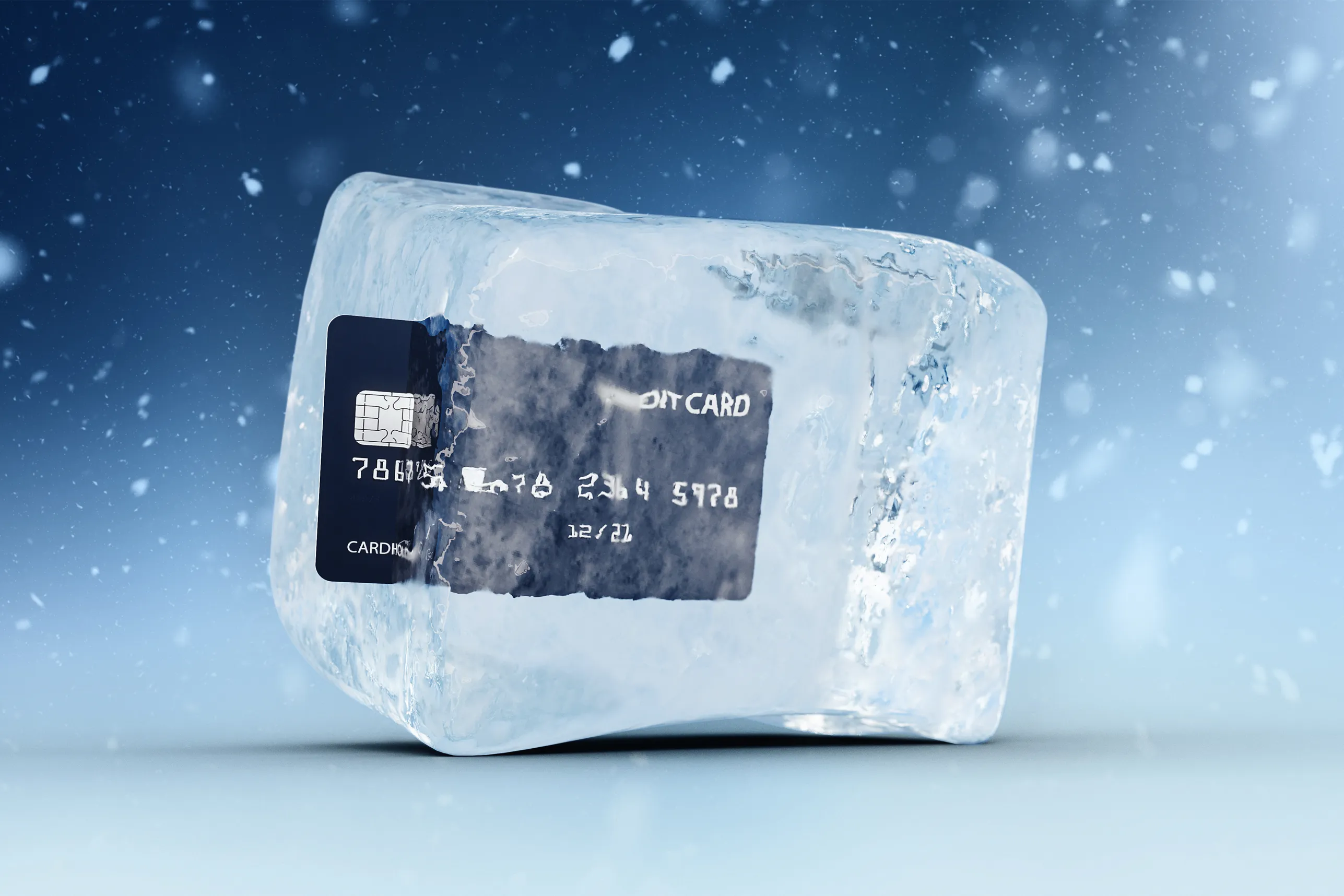
Credit: money.com
How Can I Safely Unfreeze My Credit After Freezing It?
To safely unfreeze your credit, contact the credit bureaus where you placed the freeze and request a temporary or permanent lift. You may need to provide identification and a PIN. If you’re wondering “why is my credit frozen,” it’s because a freeze prevents unauthorized access to your credit report.
Frequently Asked Questions
1. Can I Temporarily Freeze My Credit Card?
Yes, you can temporarily freeze your credit card. Contact your card issuer through their app, website, or customer service. This helps prevent unauthorized transactions.
2. Does Freezing A Credit Card Hurt Your Credit?
Freezing a credit card doesn’t hurt your credit score. Your account remains open, and your credit history stays intact. This can prevent unauthorized charges without impacting your credit.
3. Does Freezing A Credit Card Stop Transactions?
Freezing a credit card does not stop transactions. It only prevents new purchases. Recurring payments and pending transactions still go through.
4. Is It Better To Freeze Or Cancel A Credit Card?
Freezing a credit card is temporary and keeps the account open. Canceling a card is permanent and can affect credit scores.
5. What Is Credit Card Freezing?
Credit card freezing temporarily blocks your card to prevent unauthorized transactions. It doesn’t affect your credit score.
Conclusion
Freezing a credit card is a smart move to protect your finances. It’s simple and offers peace of mind. Follow the steps outlined to keep your credit secure. Stay proactive and safeguard your financial future. A frozen credit card can deter unauthorized use and fraud effectively. Consider implementing credit card payoff strategies to reduce your overall credit card debt. By managing your credit card usage and paying off your balances strategically, you can further protect your financial well-being. Take the necessary steps to secure your credit and improve your financial standing. If you have children, it’s also important to consider how to freeze a child’s credit. Child identity theft is a growing concern, and freezing your child’s credit can help prevent fraudulent activity in their name. To freeze a child’s credit, you will need to follow specific procedures outlined by the three major credit bureaus. By taking this proactive step, you can ensure that your child’s financial future is protected from potential identity theft. Research the necessary steps and contact the credit bureaus to learn how to freeze a child’s credit effectively.

